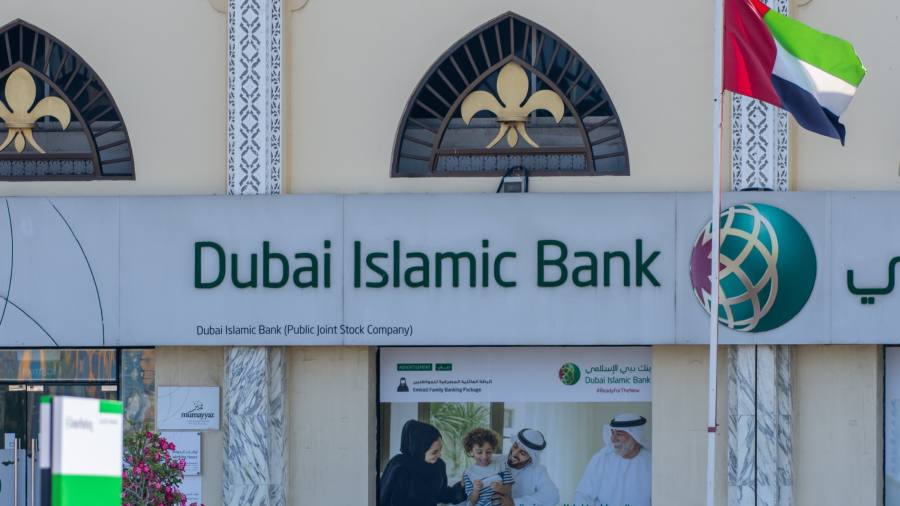The family of a British prisoner in Dubai has urged foreign investors such as the lender JPMorgan and fund manager BlackRock to divest their holdings in Dubai Islamic Bank, which it blames for the extended detention of its relative.
Ryan Cornelius, 68, has been imprisoned in the Gulf’s commercial capital for 14 years after being arrested in 2008 along with three other people, including his former business partner Charles Ridley.
All four were convicted of defrauding DIB, which is part-owned by the Dubai government, in 2011.
At the end of their sentences in 2018, following an application by the bank, a Dubai judge extended their detention by 20 years until they settled $430mn in alleged debt. The judge retroactively used a 2009 law that provides for the imposition of a prison sentence for the non-repayment of fraudulent gains from government-related entities.
The offence for which Cornelius was convicted predated the 2009 law.
The family of Cornelius, whose health is deteriorating, has been waging a campaign for his release. It has called on the UK to impose sanctions for alleged human rights abuses on DIB’s chair Mohammed Al Shaibani as regards Cornelius’s disproportionate sentence and what it sees as the cruel treatment and arbitrary detention in jail.
Shaibani is also a senior government official in the emirate.
The family said DIB applied to extend Cornelius’s sentence and, as his effective jailer, could seek to overturn the judgment.
DIB said it had acted “properly, in the interests of its shareholders and in accordance with applicable laws at all times”.
“This dispute has been the subject of detailed review in two jurisdictions and the unanimous conclusion of the judicial proceedings in both England and Dubai is that these men are guilty of fraud,” it added.
A group of British MPs, including former Conservative party leader Sir Iain Duncan Smith and Stephen Kinnock, have also urged the UK government to “display the same energy” in Cornelius’s case as it did in securing the release of Nazanin Zaghari-Ratcliffe from detention in Iran.
The UN’s working group on arbitrary detention this year concluded that Cornelius had been held arbitrarily and called for his immediate release and the payment of reparations.
Cornelius has argued that judicial means were used to force him into bankruptcy. He had been repaying instalments on a restructuring agreement on the $501mn DIB loan until he was detained in 2008, thereby defaulting. The bank foreclosed on the loan’s collateral, a polo-themed real estate development then valued at about $1bn. DIB has argued the loan restructuring was illegal.
Bill Browder, a longstanding Kremlin critic who lobbied for the Global Magnitsky Act, which authorises sanctions on foreign officials identified as human rights offenders, said: “This is a total travesty of justice, where a bank can hold an individual hostage over an alleged non-payment of debt, even when it doesn’t actually look like there is money owed.”
In a letter to BlackRock, Ryan Cornelius’s wife Heather noted the fund manager’s commitment to “engaging with companies on how they manage the human rights issues that are inherent in their businesses”.
“I urge you to divest yourself of your holdings in the DIB,” she wrote. “Use your influence as a significant shareholder in DIB to compel them to take all necessary steps to secure the release of my husband.”
Cornelius has written similar letters to other global companies identified as having some of the largest institutional shareholdings in DIB. These include JPMorgan, US investment manager Vanguard, British wealth manager St James’s Place and Norges Bank Investment Management, Norway’s sovereign wealth fund.
Diplomats have said it is difficult for the UK government to interfere in the legal processes of a foreign country. The UK and United Arab Emirates have close historic ties.
BlackRock, JPMorgan and St James’s Place declined to comment. Vanguard did not respond to a request for comment.
NBIM said it was studying the letter.
The Foreign, Commonwealth and Development Office did not provide a statement for publication.

